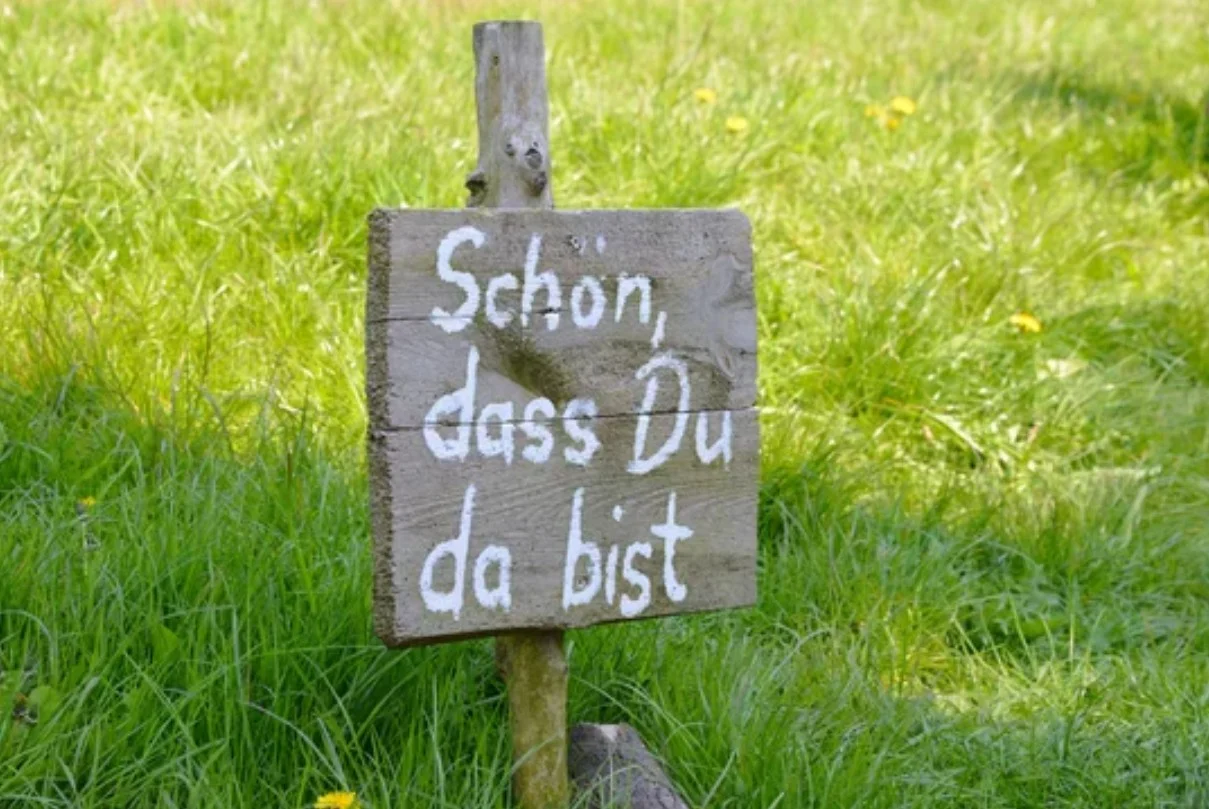شرح dass وإستخدامها والفرق بينها وبين weil و das
معنى dass “dass” هي أداة من أدوات ربط الجمل الألمانية و تشير إلى أن الجملة التالية هي جملة فرعية. بمعنى أنها تستخدم لربط جملتين متكاملتين لتصبح جملة واحدة. هذا يشبه استخدام “أن” في اللغة العربية. … اقرأ المزيد عن شرح dass وإستخدامها والفرق بينها وبين weil و das






